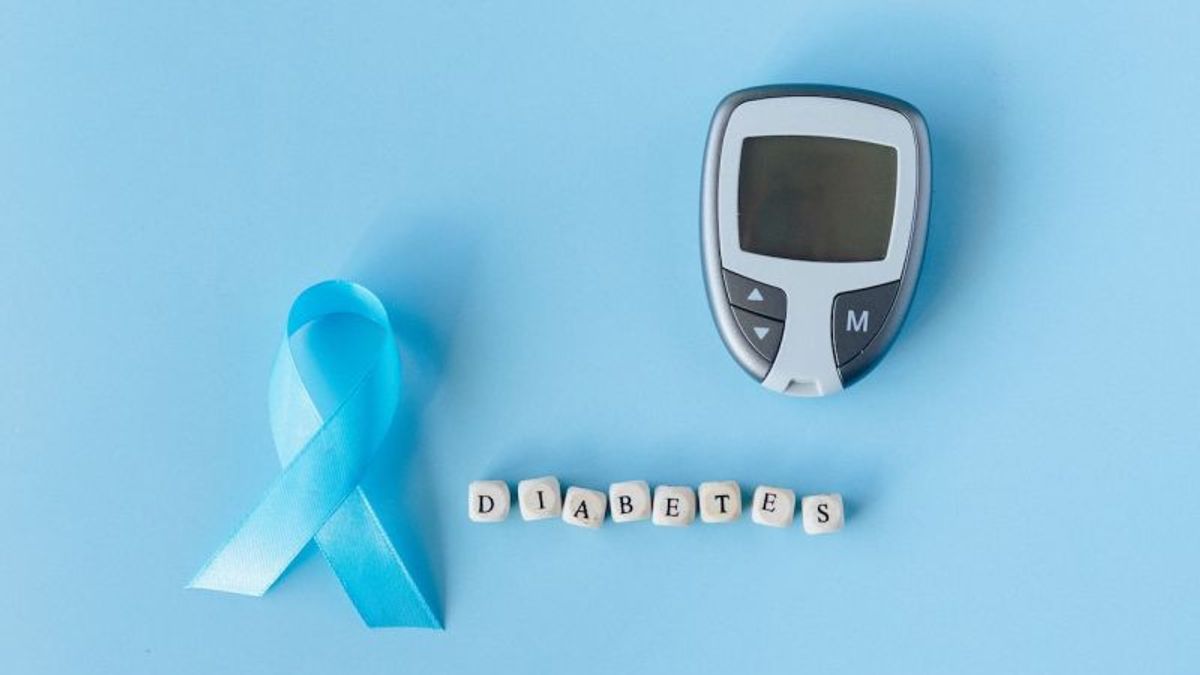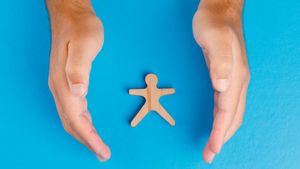JAKARTA - Muslims who suffer from diabetes can still participate in fasting by taking into account the risks and consulting a doctor. Doctors who specialize in endocrine, metabolic and diabetes divisions of Cipto Mangunkusumo Hospital, dr. Ardy Wildan Sp.PD said the calculation of risk factors must be done first.
"Before the patient started fasting, ideally 6 to 8 weeks earlier we calculated the risk, we calculated the risk of the patient fasting from a moderate, severe, or very severe cycle," he said as quoted by ANTARA, Monday, March 20.
Ardy suggested that people with diabetes, before entering the month of Ramadan, patients are educated to fast Monday and Thursday to get used to it. In addition, patients can consult directly with doctors to adjust the dose of diabetes that will be consumed during fasting.
According to research conducted by Ardy, fasting has many benefits, especially for diabetics because it can control blood sugar compared to the time of not fasting.
"Indeed, for really excess diabetic patients, he has the benefits of measuring his weight because he does not eat as much as Ramadan, then research shows that during fasting the sugar is more stable than during the time of not fasting," he said.
However, patients with diabetes must also pay attention to risks that should be watched out for when they still want to observe fasting, namely hypoglycemia or lack of sugar and hyperglycemia or excess sugar.
Usually hypoglycemia can occur due to reduced food supply so that the risk of blood sugar dropping drastically is very high. Likewise, if you lack fluids or become dehydrated, not taking medication regularly and eating excessively can also pose a risk of hyperglycemia.
The doctor who finished the internal medicine specialist at the University of Indonesia also said that people with type 1 diabetes, patients aged 61 years and over and pregnant women with a history of diabetes, are advised not to fast if the risk is high or burdensome when fasting.
"For example, in patients suffering from type 1 diabetes who have to use insulin for their daily needs, the advice is not to fast first but of course to return to each individual, to be educated for more frequent blood sugar examinations, for the elderly population or geriatry, we will see the whole problem whether the patient is still healthy enough or old," he said.
In order to be able to perform fasting safely, Ardy reminded to continue to eat foods with balanced nutrition and multiply high-fiber foods such as vegetables, fruits or salads. Avoid fried foods, sweet drinks, and coffee when suhoor or open.
"The date may be consumed at breaking the fast but it is necessary to pay attention to the amount, if one or two are safe, but if for example too much it increases blood sugar too. And when breaking the fast at the beginning directly water and can be added one or two dates. Avoid coffee when suhoor because drinking will be more for diabetic patients, there is a risk of dehydration," explained Ardy Wildan.
Also, fulfill the need for water when fasting one to two liters a day, and keep drinking while performing tarawih prayers so as not to become dehydrated. Keep doing sports but in the hours leading up to breaking the fast for diabetics.
The English, Chinese, Japanese, Arabic, and French versions are automatically generated by the AI. So there may still be inaccuracies in translating, please always see Indonesian as our main language. (system supported by DigitalSiber.id)









